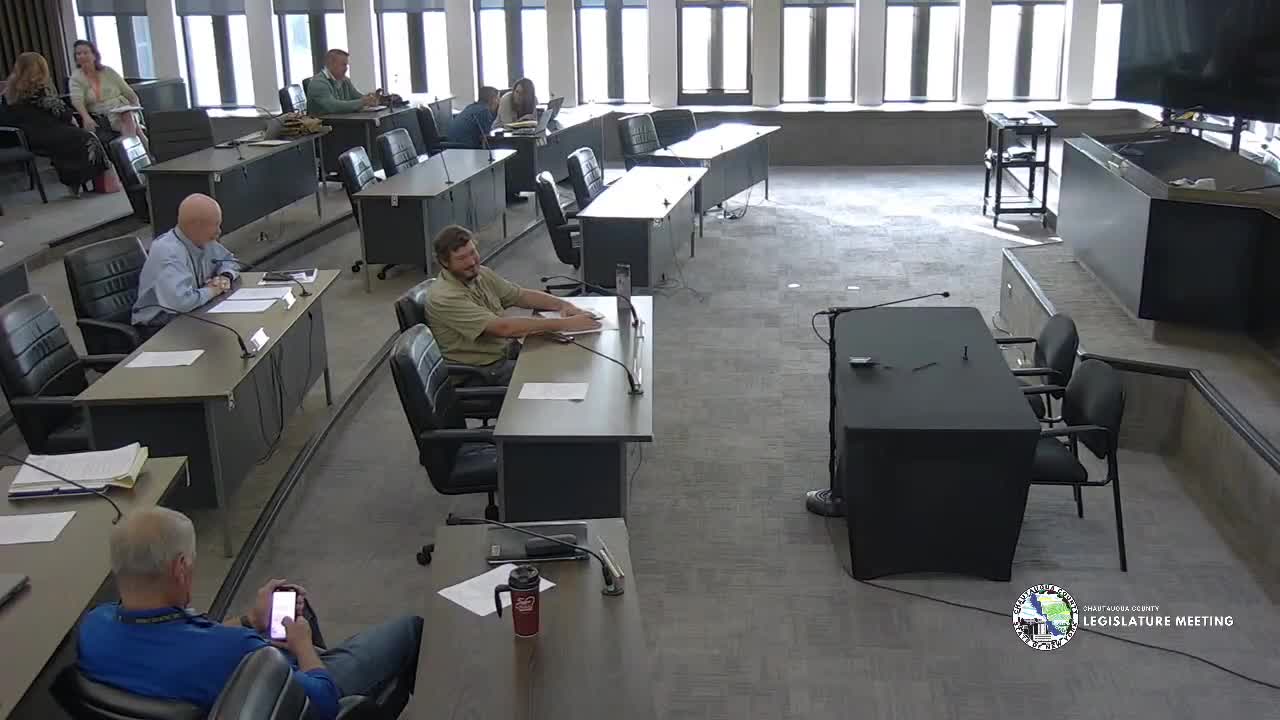Article not found
This article is no longer available. But don't worry—we've gathered other articles that discuss the same topic.
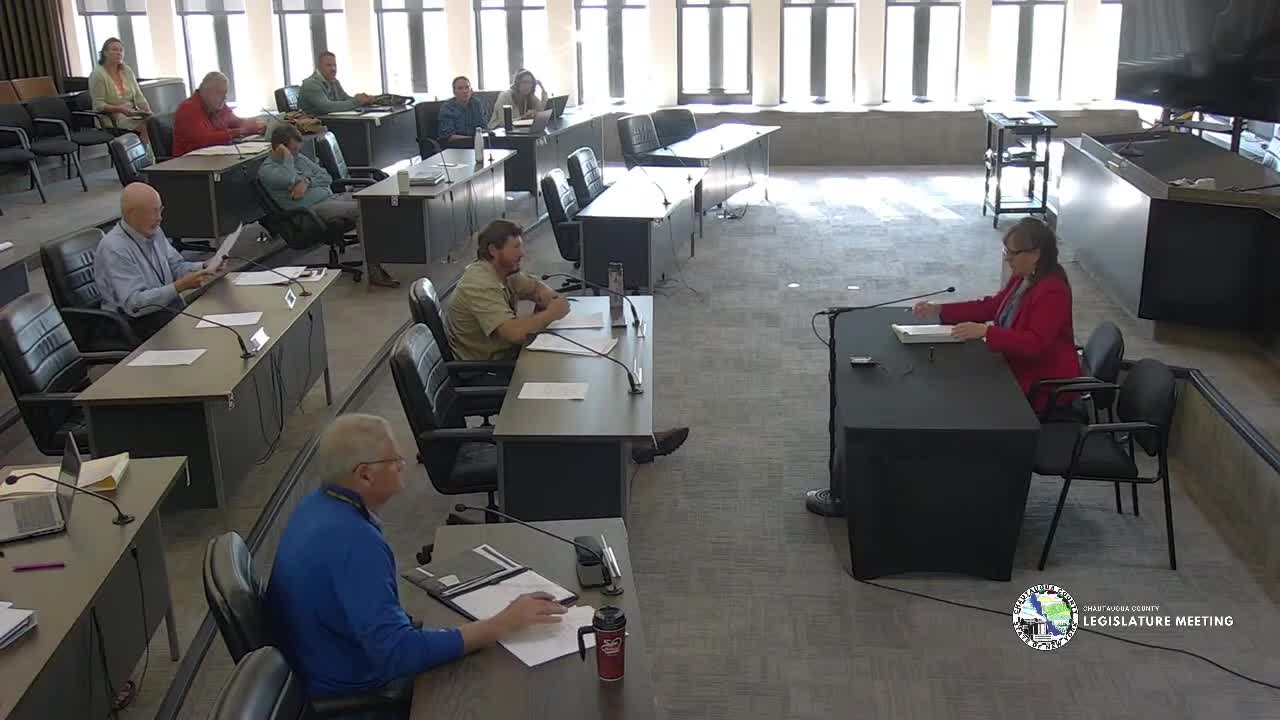
Finance director outlines new state short-term-rental law, options to opt out and next steps for county occupancy-tax administration
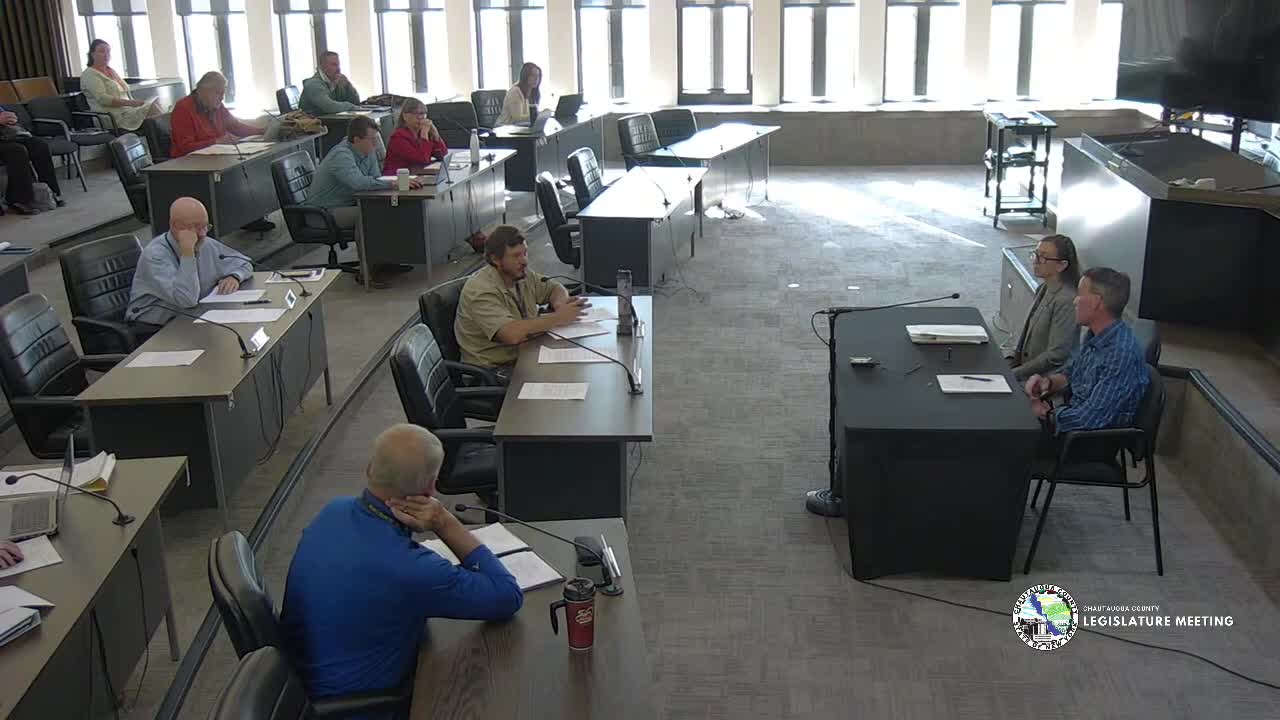
County amends 2025 budget, adding $3.5 million for safety-net costs amid rising enrollments and expenses
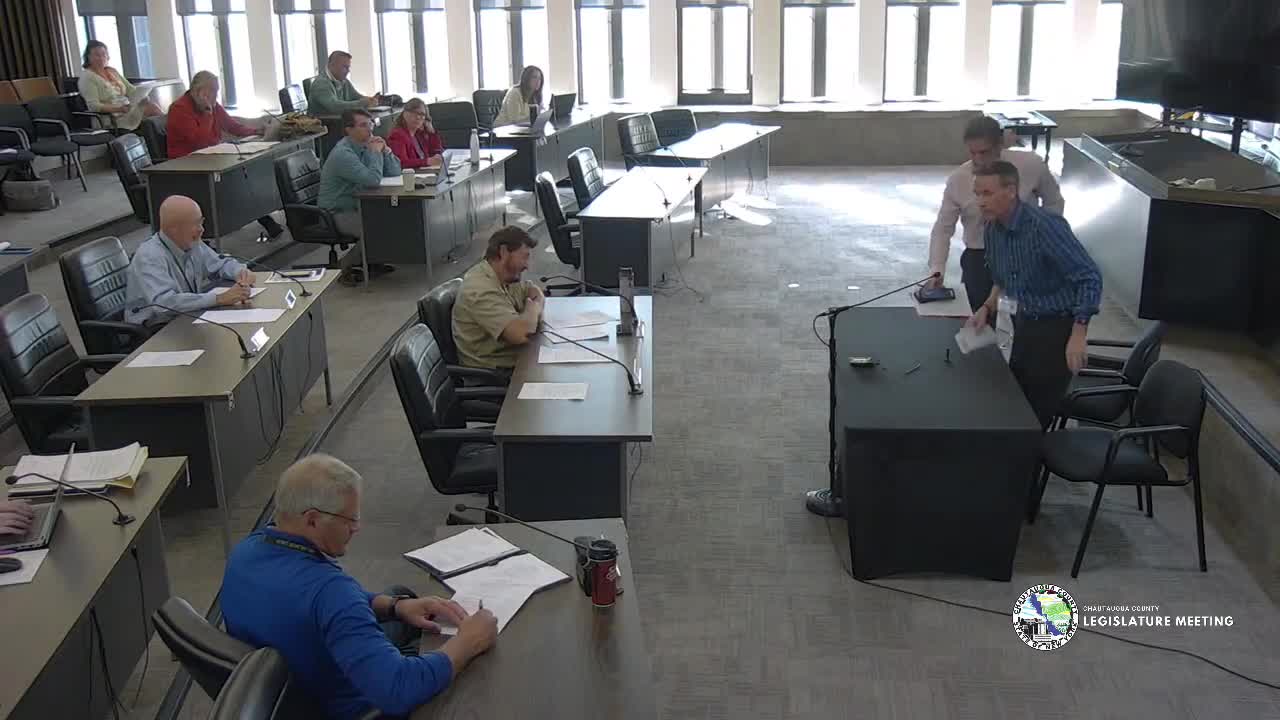
Legislature sets salary for digital forensic investigator after discussion on local capacity and evidence admissibility
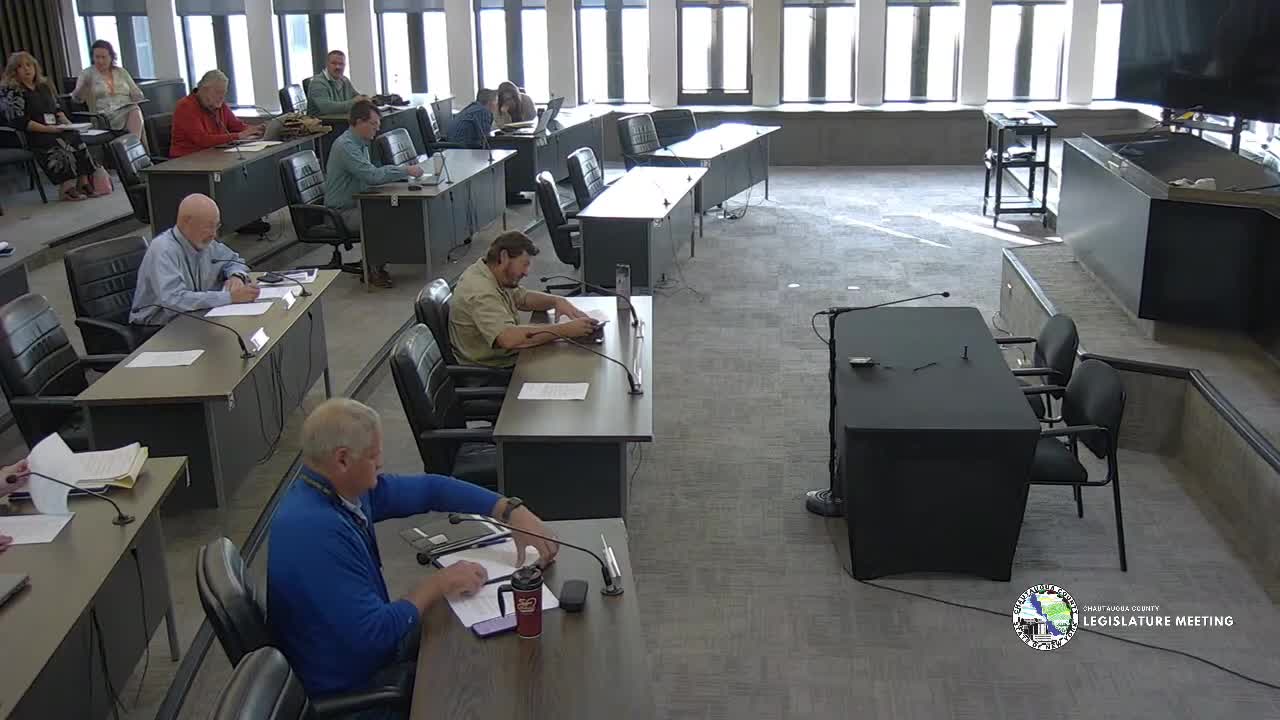
Committee approves $50,000 engineering planning grant to study South and Center Chautauqua Lake wastewater capacity
